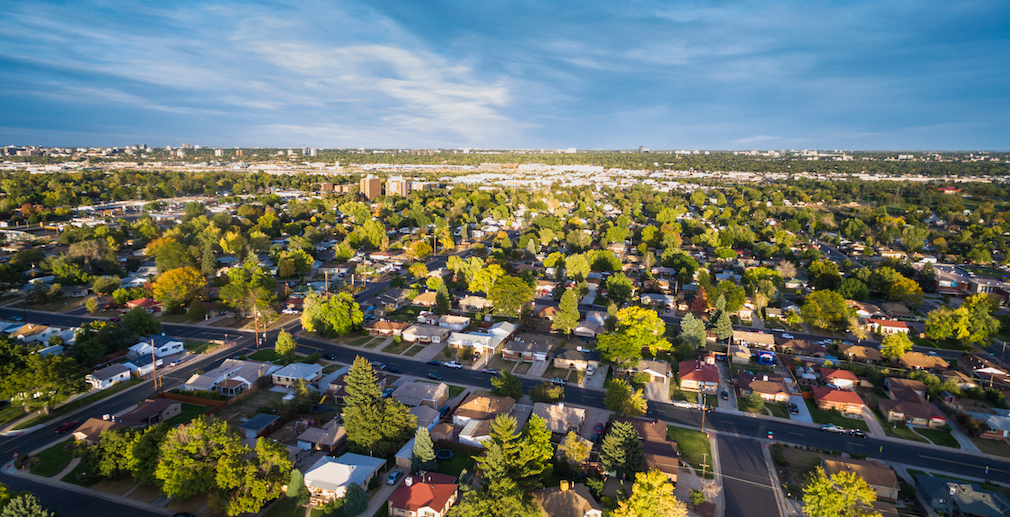A recession is coming. The only question is when. The current expansion, which turned 10 years old last month, is already twice as long as the average U.S. economic growth period, according to the National Bureau of Economic Research.
About 2% of economists, strategists, academics, and policymakers believe a recession will start this year, realtor.com said, based on a survey of more than 200 members of NBER. Meanwhile, nearly 40% believe one will begin in 2020, while 25% anticipate one starting in 2021. Fourteen percent expect it won't materialize until after 2021. Economists typically define a recession as a contraction in gross domestic product for at least two consecutive quarters.
“Although the R-word may be a trigger for those who remember—or even experienced—the mass layoffs, scores of foreclosures, and plummeting home prices of the last downtown, folks shouldn't panic just yet,” the realtor.com article said. “And they shouldn't expect another real estate fire sale.”
In the last downturn, people who had risky loans such as “exploding ARMs,” mortgages with rates that could quadruple after an introductory period, went into foreclosure when home prices stopped going up and they couldn’t refinance into safer loans. A spike in foreclosures devalued subprime mortgage bonds, leading to a banking crisis and the collapse of Wall Street icons such as Bear Stearns and Lehman Brothers.
"This is going to be a much shorter recession than the last one," said George Ratiu, realtor.com’s senior economist. "I don't think the next recession will be a repeat of 2008.”
One reason a housing slowdown won’t lead to a spike in foreclosures is: Lending regulations were tightened after the housing bust spurred the foreclosure crisis, so today’s owners are more qualified, realtor.com said.
"This time we won’t have bad mortgages, just people who are losing jobs," Lawrence Yun, National Association of Realtors chief economist said.
Another help will be the record amount of equity Americans have in their homes, realtor.com said.
“That means homeowners who lose their job and are unable to make their monthly mortgage payments are much more likely to put their property on the market instead of going into foreclosure,” realtor.com said.






